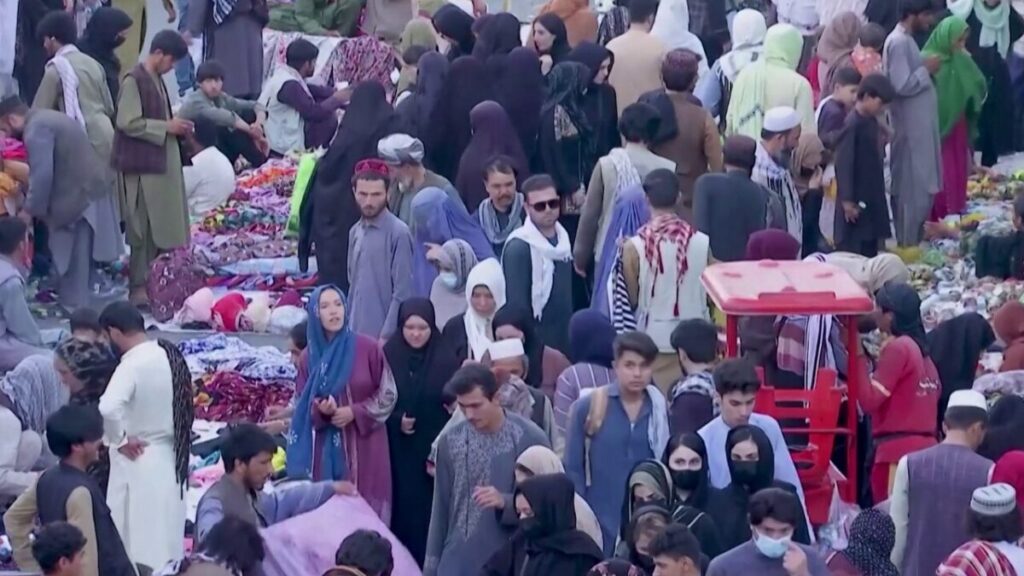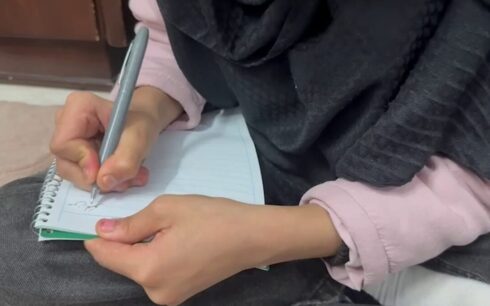KABUL, Afghanistan — Women and girls in Afghanistan are calling on the international community to take concrete steps to protect their rights, which they say have been severely restricted under the Taliban. Over the past three years, women have been barred from most areas of public life, and recent Taliban decrees even label women’s voices as “awrah,” or religiously forbidden.
“The human rights situation for women and girls in Afghanistan has worsened since the fall of the Republic,” said Tahmina, a resident of Kabul. “Restrictions have erased our rights to education, work, public gatherings, and even recreation.” Tahmina, like many others, said that the psychological toll of the Taliban’s rules has been immense, adding, “These restrictions have severely harmed our mental health and stunted social progress.”

The U.N. and human rights groups have reported that the Taliban’s recent decrees focus heavily on limiting freedoms for women and girls. The education of girls beyond sixth grade has been prohibited, employment opportunities curtailed, and social participation nearly erased, leaving women feeling isolated from society.
Under the previous government, Fatima, another Afghan woman, was able to work and attend university. Now, she faces a starkly different reality. “The situation has drastically changed,” she said. “Women have been stripped of all their rights, and even our voices are deemed forbidden.”
Economic prospects for women have also diminished. Gulalai, an Afghan businesswoman, highlighted the challenges female entrepreneurs face, including the requirement for a male guardian to accompany them in business transactions. “If women want to start a business, they must have a male relative present at all times. This guardianship requirement has crushed women’s ability to invest or engage independently,” she explained.

Sabira, another Afghan woman, described the unrelenting increase in restrictions. “Since the Taliban took power, women and girls have been denied education and work. We live without access to our basic rights,” she said. “These restrictions seem to increase day by day, leaving us with no future.”
Afghan women’s rights advocates are urging the international community to take stronger actions to address the rights crisis in Afghanistan. “The situation is deteriorating daily,” Setara, a former university student, stated. “Women make up half of society. Don’t we have the right to learn, study, and work?”
Despite the pressing concerns raised by Afghan women, the Taliban maintain that the rights of all citizens, including women, are safeguarded. However, activists argue that recent restrictions imposed by the Ministry of Vice and Virtue represent a grave human rights crisis, pushing Afghan women and girls to the margins of society.





